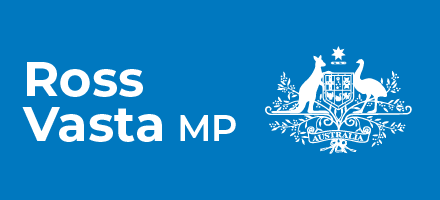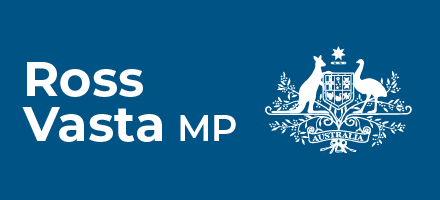Statement from the Prime Minister – Final Parliamentary Sitting Week
This coming week is the last sitting week of the Parliament for this year.
2014 has been an important year for Australia.
The Government has put in place key parts of our Economic Action Strategy to build a strong and prosperous economy and a safe and secure Australia.
Only a stronger economy will generate more jobs, lift household living standards and give our country a better future.
2014 has been a year of achievement that’s already benefiting families and small businesses.
The carbon tax is gone, saving the average household $550 a year.
We have delivered the biggest cut in electricity prices on record which is good news for everyone saving for Christmas.
The mining tax is gone so this vital sector can create more jobs.
Our $50 billion infrastructure programme is underway. This includes major projects right around Australia to save you time and money.
We’re cutting red tape – with $2 billion in red tape savings already identified and we’re turbo charging trade with our neighbours by delivering Free Trade Agreements with Japan, Korea and China. This means more exports, more jobs and lower prices for families. And we’re working with Australian businesses to ensure we’re taking advantage of these new opportunities.
We took on the responsibility for fixing Labor’s Budget mess and we are getting spending under control.
We’ve also passed our Direct Action plan which will make a practical difference to the environment – without slugging you with a carbon tax.
The Green Army has been established and is already restoring degraded bush and cleaning up polluted waterways.
Major projects worth $1 trillion have been given environmental approval – which will provide many of the jobs of tomorrow.
The NBN is being rolled out – in a way which is fast, more affordable, and less costly to taxpayers.
And we’ve kept Australia safe.
We’ve all but stopped the boats which many claimed was impossible.
We’ve responded to the threat of extremism with new counter-terrorism measures because our duty is to do everything we humanly can to keep you safe.
We all have reason to be confident in 2015 – confidence based in policies that will encourage jobs, help families and build a better Australia.


